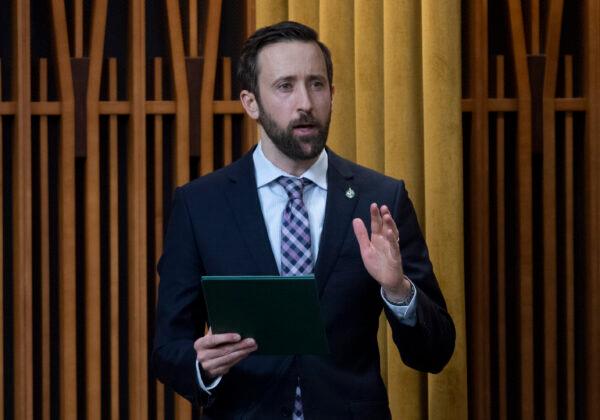A court decision that nixed an effort by the Canadian Security Intelligence Service to expand its scope in collecting foreign intelligence raises the question of whether the service’s mandate should be changed to meet the needs of an evolving landscape, says a former CSIS analyst and expert on terrorism.
CSIS’s request to be able to gather intelligence in other countries was struck down by Federal Court Justice Patrick Gleeson on the grounds of Section 16 of the CSIS Act, which states that the spy service can only collect information regarding the “capabilities, intentions, or activities” of a foreign state within Canada.





